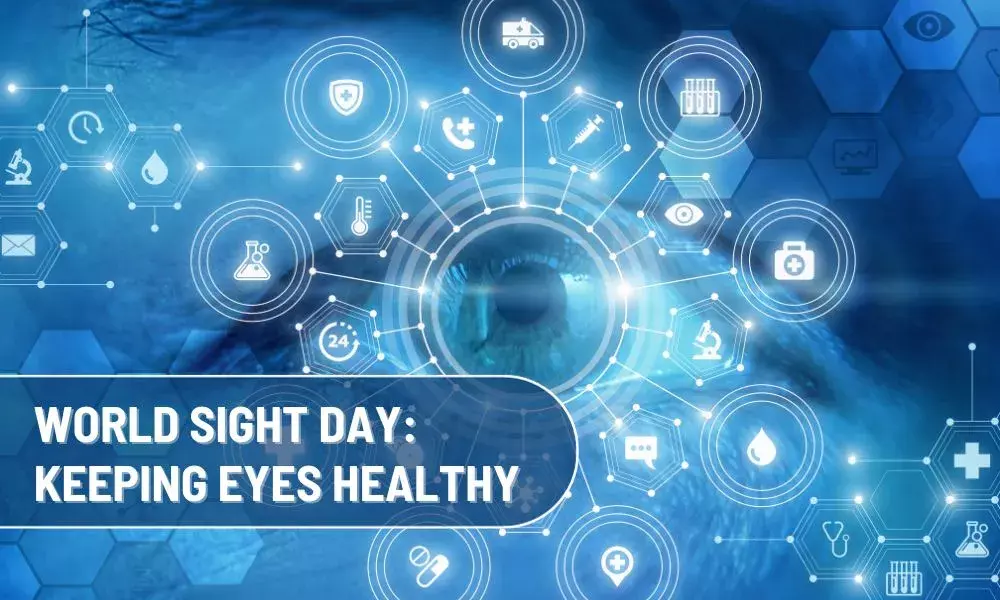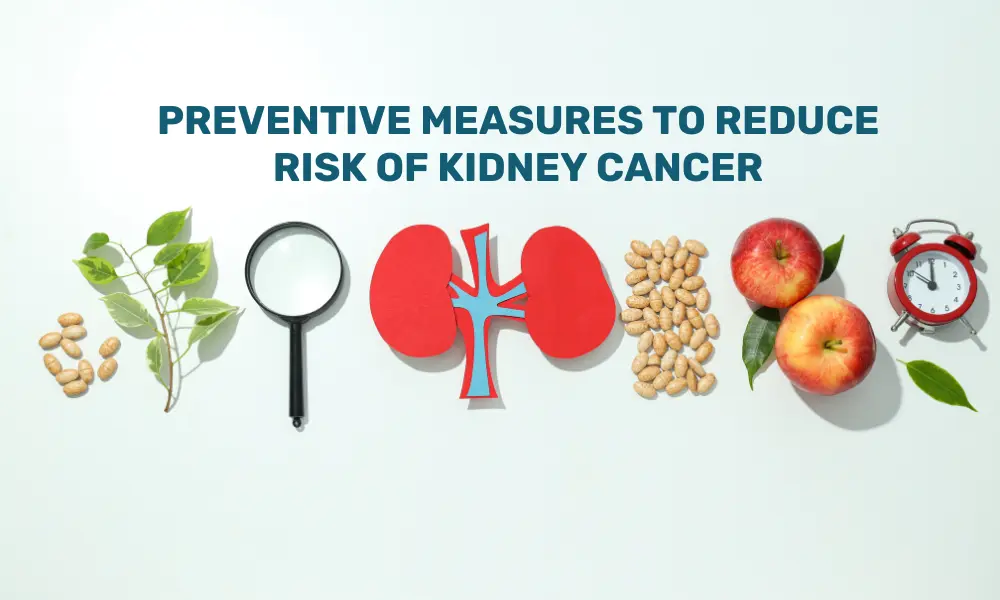World Sight Day is observed every second Thursday of October. This year, it is observed on October 12 to raise awareness about eye health, vision impairment, and blindness.
Vision impairment and eyesight-related health problems affects more than one billion people worldwide as per the World Health Organization (WHO)*.
Any eye related problem may have long-lasting impact on all aspects of our lives, including personal activities, social interactions, learning at school and work performance.
To avoid eye health-related complications, here are eight ways to ensure good eye health.
-
Protect Yourself from UV Rays
Ultraviolet radiation, or UV light, is a form of radiation emitted by the sun. These rays are invisible to the human eyes but are extremely dangerous for human eyesight.
This radiation can cause lasting eye damage; therefore, we must wear sunglasses when exposed to the sun. Our sunglasses should block 99% of UV-A and UV-B radiation to protect our eye’s health.
To ensure our sunglasses are appropriate, we must consult an eye doctor to see what type of sunglasses are the best fit.
-
Give Eyes a Rest
Due to our modern digital life, we spend a lot of time viewing digital screens. But the stress that these screens cause to our eyes is substantial.
Digital eye strain, or computer vision syndrome, has become a common ailment affecting people with too much exposure to digital screens. This condition is the root cause of headaches, dry eyes, eye fatigue, blurry vision, and more. There are several ways to alleviate these screen-related effects on our eye health, like the 20-20-20 rule.
Every 20 minutes, one must take a break of 20 seconds from the screen and focus on something 20 feet away. This helps relax our eye muscles from being constantly strained and manages vulnerability to blue light.
-
Wear Protective Gear
The eyes are a sensitive organ. Things such as loose particles, debris, or heat can cause serious damage to our eyes. Therefore, using eye protection while engaging in physical activities, sports, or doing repairs is vital. Using eyewear for specific activities, like hockey, swimming, and scuba diving, is highly necessary.
-
Healthy & Balanced Diet
Eye nutrition is crucial to our overall ocular health. Our eyes are prone to infections and diseases without proper nutrition. A healthy diet means having a balanced intake of antioxidants, vitamins, and even some healthy fats. Examples of powerful nutrients and where to find them are:
-
Omega-3 Fatty Acids – Mainly from fish, but also in soybeans and walnuts.
-
Vitamin C – Found in great quantity in tomatoes, oranges, and grapefruit.
-
Vitamin E – In almonds, avocados, hazelnuts, sunflower oil, and peanuts.
-
Zinc – An essential mineral present in beans, red meat, and seafood.
-
Check if Contact lenses suit you
Many people choose to wear contact lenses. However, they are not for everyone. One might not be able to wear them for the following reasons:
-
Being prone to eye infections.
-
Having severe allergies or dry eyes.
-
Living or working in a place that is generally dusty.
-
Not cautious while using contact lenses.
-
Take Proper Care of Contact Lens
Contact lenses that are old or do not fit well can damage our eye. They can also cause blood vessels to grow into our cornea, a dangerous condition that may threaten our vision. It is advisable to remove our contact lenses and visit an eye doctor right away if eyes are red, painful, watery, or sensitive to light. Here are guidelines to keep in mind while using contact lens.
- One must clean and disinfect contact lens regularly, especially before wearing the lens back.
- Rinse it with sterile contact lens solution (not tap water) then leave the empty case open to air dry.
- The case must be replaced at least every 3 months, or right away if it gets cracked or damaged.
- Follow the schedule and directions that the doctor has given, for wearing and replacing the lenses.
- Ensure to remove the lens before going to bed!
-
Exercise is must
Having a healthy lifestyle not only reduces our chances of developing chronic diseases but also prevents eye diseases. Several eye conditions, including macular degeneration, glaucoma, and diabetic retinopathy, are all associated with lower activity levels.
Any physical activity that gets our blood flowing impacts our ocular health. Cardiovascular exercises, like aerobics, help improve the blood flow in the optical nerve and retina and lower our intraocular pressure. So be sure to stay active, as the benefits far outweigh the efforts for our eye wellness and general well-being.
-
Have Routine Eye Exams
It is recommended that one must get their eyes examined at least once a year, especially in case of being above 40 years. This helps the ophthalmologist detect eye diseases early. Eye doctors can also build a customized preventive plan, ensuring eye wellness for individuals.
Our lifestyle choices can greatly affect our eyesight and general quality of life. There are many easy ways to prolong healthy vision that can be seamlessly integrated into a routine. These tips and techniques, clubbed with a balanced approach to daily activities, can help achieve good eye health.
Data Source: World Sight Day 2021 (who.int)





